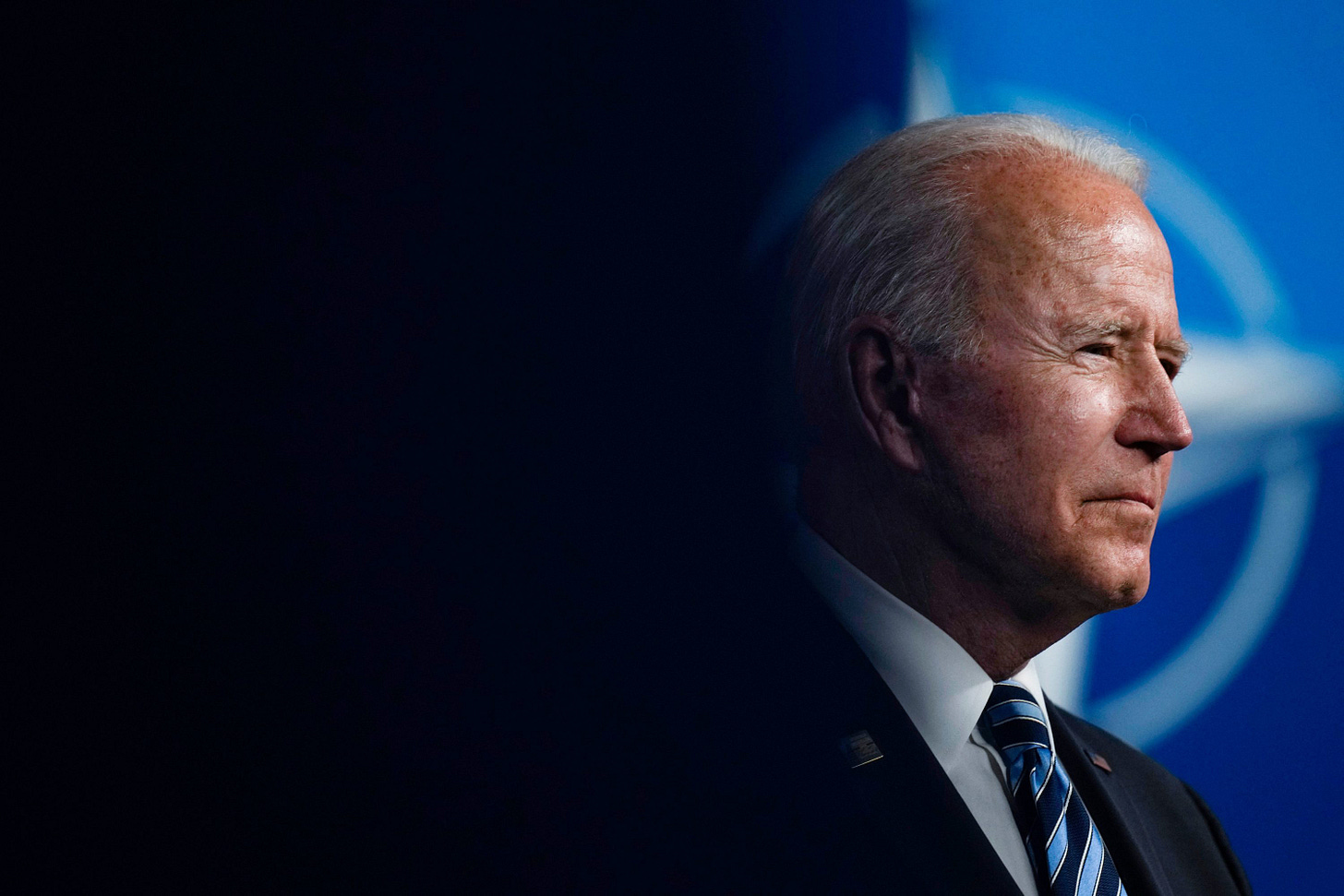What Happened to Biden’s Human Rights Agenda?
Biden’s actions in office haven't lived up to his promises to prioritize human rights around the world.
The central message of Joe Biden’s foreign policy platform during the 2020 campaign was restoring the spirit of democracy and promoting human rights. In his speech accepting the Democratic nomination for president, he vowed, “I'll always stand for our values of human rights and dignity.” In his first speech to a joint session of Congress, he renewed the pledge that “America will not back away from our commitments, our commitments to human rights and our fundamental freedom and our alliances.”Just last month, he claimed that “from day one of my administration, I’ve taken concrete steps to put human rights back at the center of our foreign policy and reassert our moral leadership on the global stage.” But the reality is that, so far, the Biden administration’s commitment to human rights has been inconsistent at best, nonexistent at worst.
The administration started off well. Just weeks after Biden’s inauguration, Secretary of State Antony Blinken secured the release of Saudi activist Loujain al-Hathloul from prison. A month later, together with the European Union, the United States imposed sanctions on Chinese entities for the treatment of Uighurs—sanctions with little value within themselves, but with a message. It was a welcomed departure from Donald Trump, who had told General Secretary Xi Jinping that building camps for Uighurs was a good idea.
But then the administration seemed to forget its oft-repeated devotion to the rights of all people. During the debacle that was the withdrawal from Afghanistan, White House Chief of Staff Ron Klain retweeted columnist Josh Barro’s comment that U.S. foreign policy should not be about “abstract ideals or nation building or human rights abroad.”
Continuing the trend is the administration’s unseriousness about the Summit for Democracy. What started as an outstanding idea has been so thoroughly mangled that its name no longer applies: It’s no longer a true summit, but a virtual meeting of heads of government—and in diplomacy, as in so many things, the difference between meatspace and online space is vast. And the invite list includes some decidedly undemocratic countries with abysmal human rights records. A more accurate title would be “Virtual Convocation of Various Mostly But Not Necessarily Democratic Countries America Either Likes or Wants Something From.”
The administration is even lagging behind Congress in prioritizing human rights. The Uyghur Forced Labor Prevention Act passed the Senate in July with no objection and with 54 cosponsors from both parties. In the House, it is yet to receive a hearing as the president’s envoy for climate change, John Kerry, is lobbying House Democrats not to pass so as not to damage Kerry’s climate change negotiations with China. White House National Security Advisor Jake Sullivan is assisting Kerry with his campaign to block the bill, despite his past enthusiasm for policies extremely similar to what the Senate passed.
Kerry is also sublimating the interests of human rights—including LGBTQ rights—to pie-in-the-sky fantasies of grand climate bargains by meeting with, and thus legitimizing, Ruslan Edelgeriyev, Russian President Vladimir Putin’s envoy for climate change. Edelgeriyev is a terrible human rights abuser from Chechnya, which is famous for its brutality, especially against sexual minorities, and he has no experience in climate policy.
Around the world, as human rights violations proliferate, the Biden administration seems not only absent but uninterested. The only action the administration has taken with respect to Venezuela is the re-declaration of a preexisting state of emergency in March. The administration did nothing about the mass protests in Cuba earlier this year. American leadership was completely lacking in response to Belarus’s flagrant act of piracy against a RyanAir flight for the purpose of persecuting a journalist. Iran policy is reduced to the folly of a nuclear arms control agreement now under an administration headed by a man who executed thousands of political prisoners. The situation in Ethiopia is deteriorating, and the administration's response includes cosmetic sanctions on individuals and not much else. Secretary Blinken, in his visit to India, hailed that country’s democracy as the current government is targeting Muslim minorities, increasing corruption, and undermining democracy. The issue did not come up when Biden met with Prime Minister Nerandra Modi of India, whom the administration is lending additional security support through the Quad without demanding a reversal of illiberal policies in return. Establishing a security state hasn’t prevented Donald Trump’s “favorite dictator,” Egyptian President Abdelfattah al-Sisi, from collecting $170 million in military aid from the United States. Last, and perhaps worst, as Arab states are beginning to rehabilitate Bashar al-Assad’s regime in Syria.
The president, despite his myriad promises, is clearly not leading on human rights. He is neither forcing his lieutenants to prioritize it nor leading by example. There is no evidence that any serious member of the administration is invested in human rights and democracy as a tool of foreign policy.
The Trump administration, against which Biden ran to restore the “soul of America,” differed from the current one in rhetoric about human rights and American values, but the two have been hardly distinguishable in conduct. There’s still time for Biden to reverse course and truly differentiate his administration from his predecessors. Otherwise, he should stop pretending.


